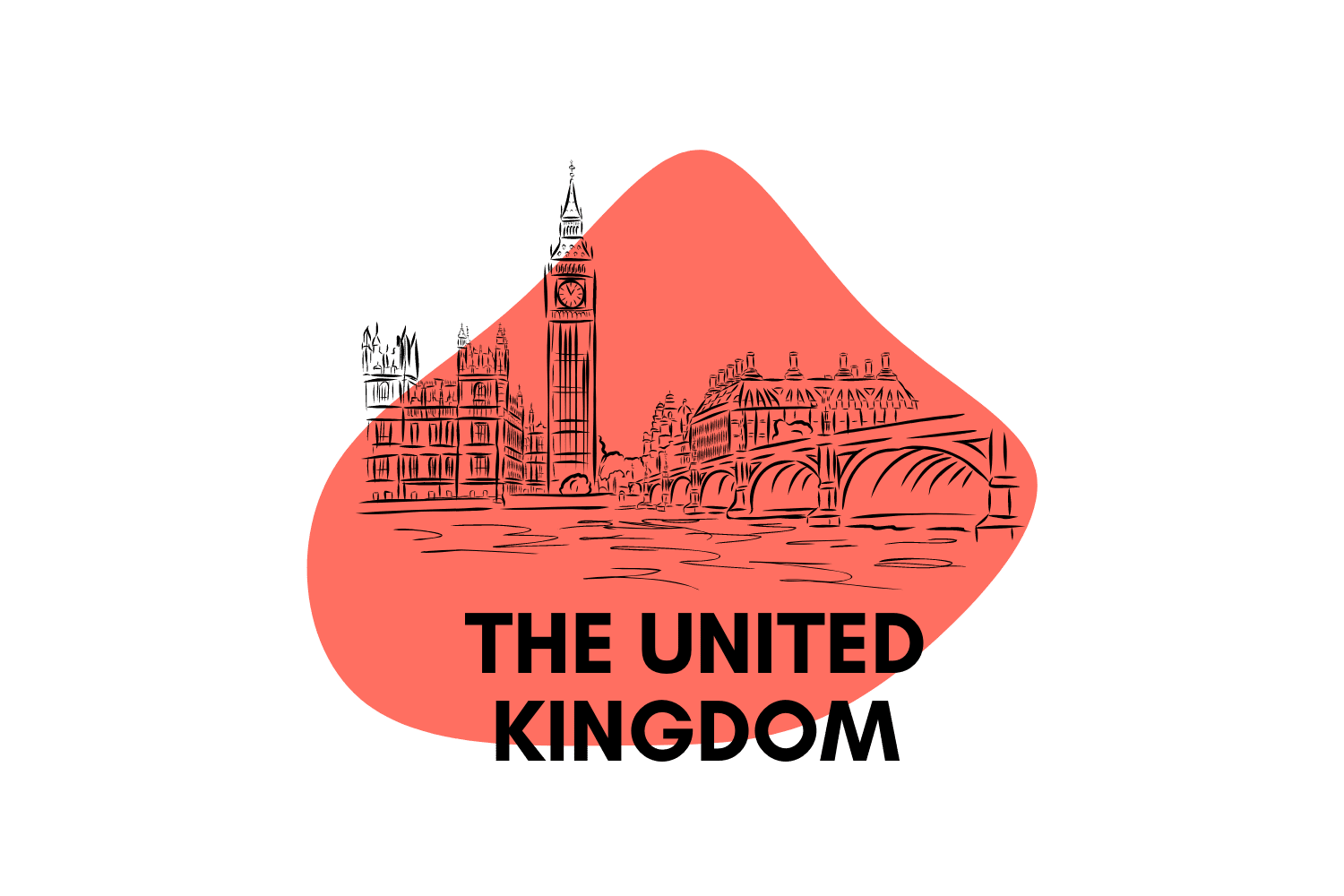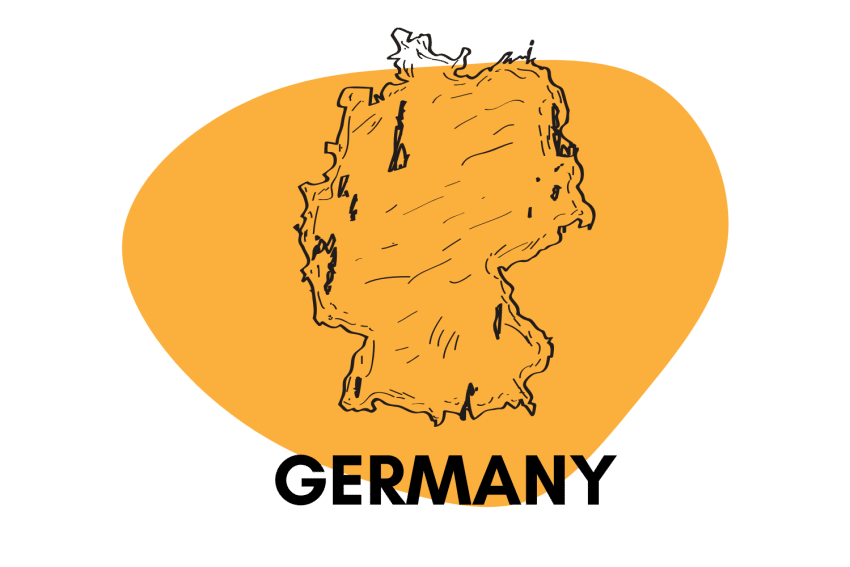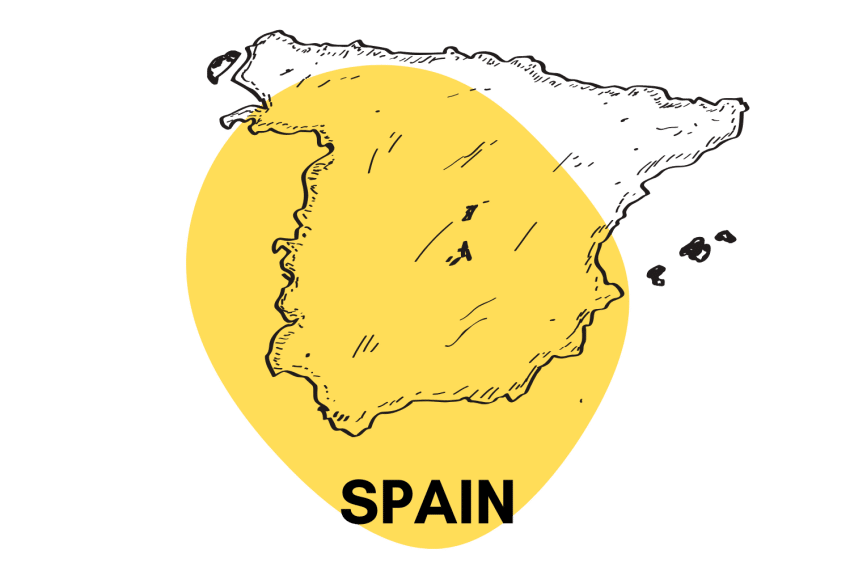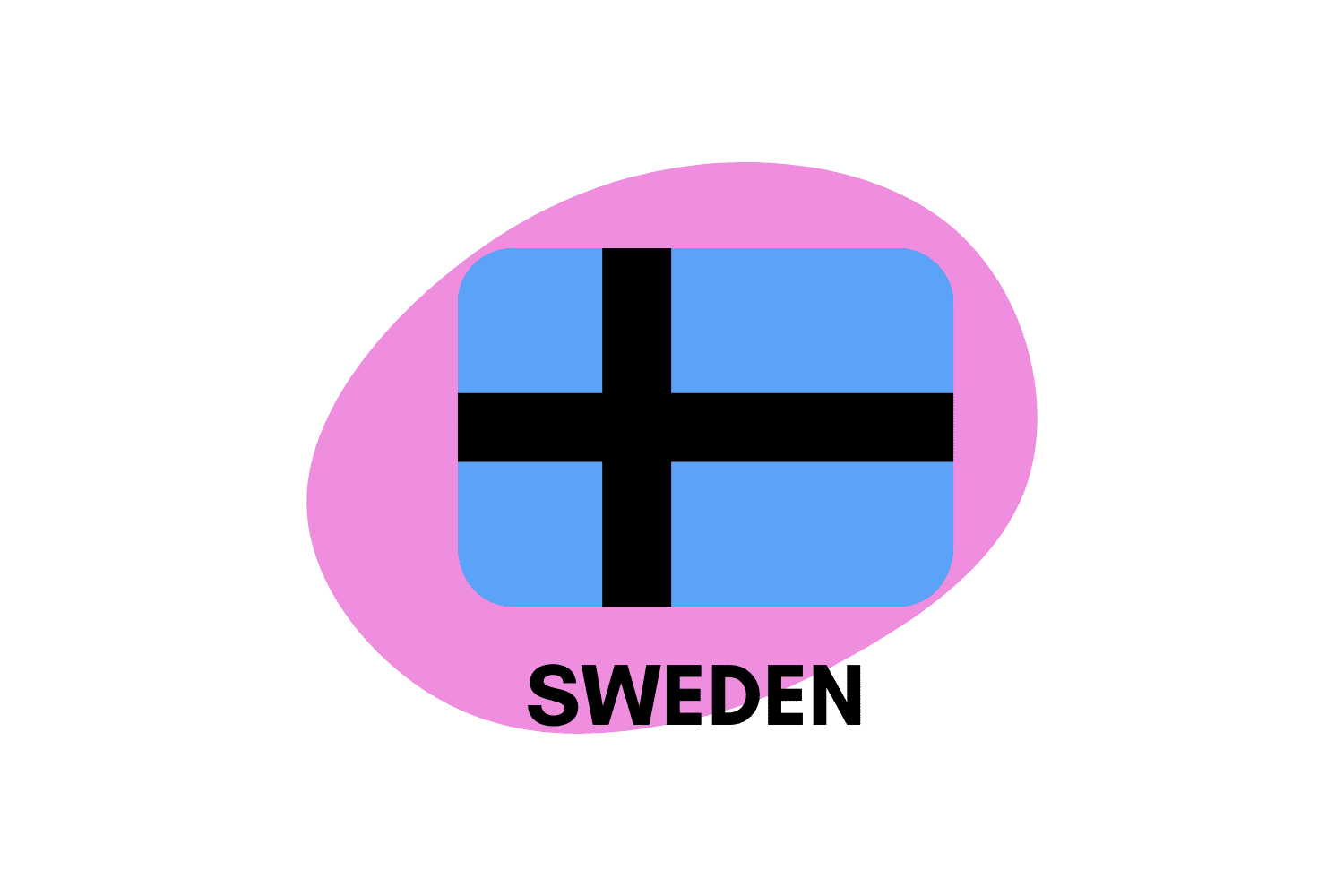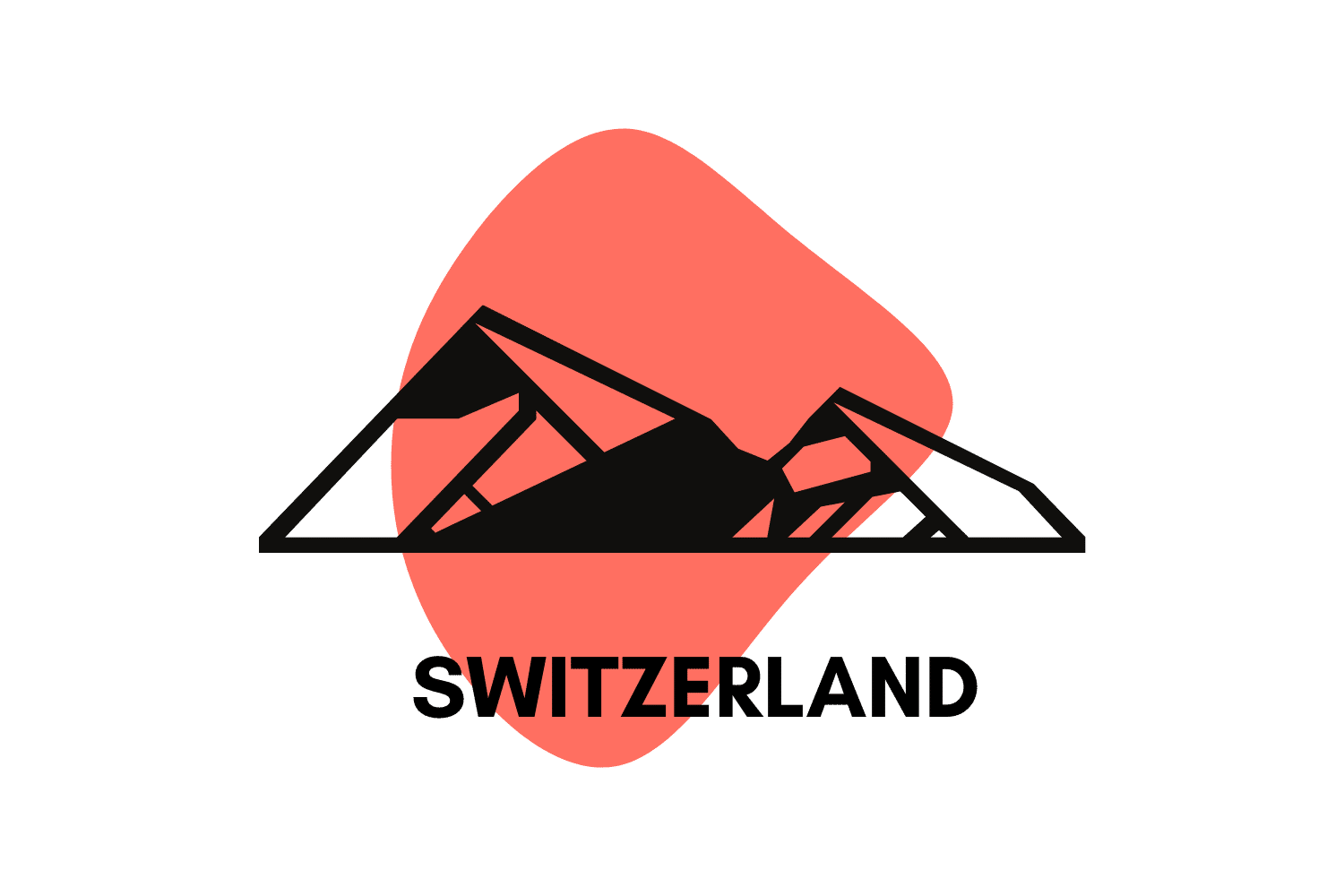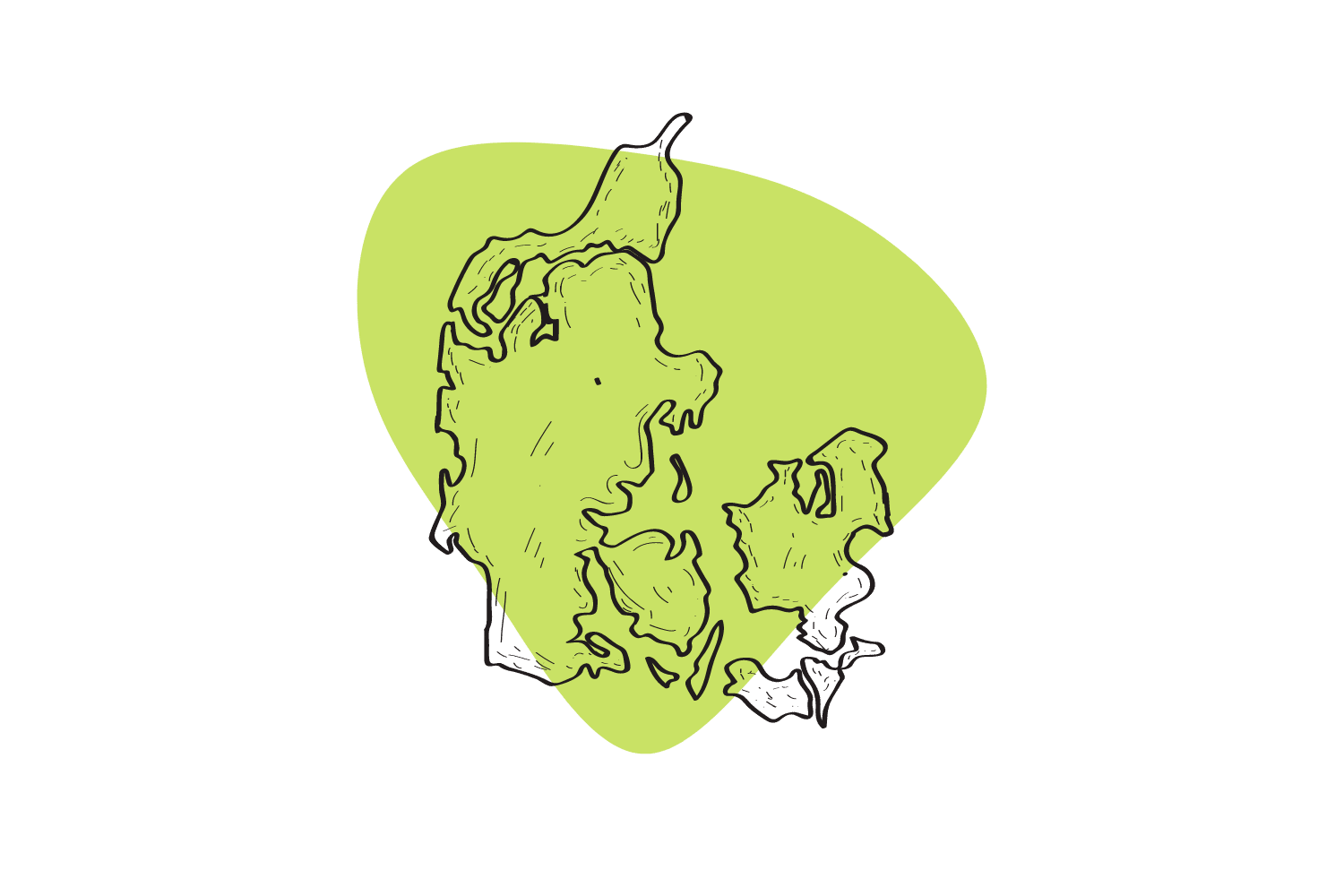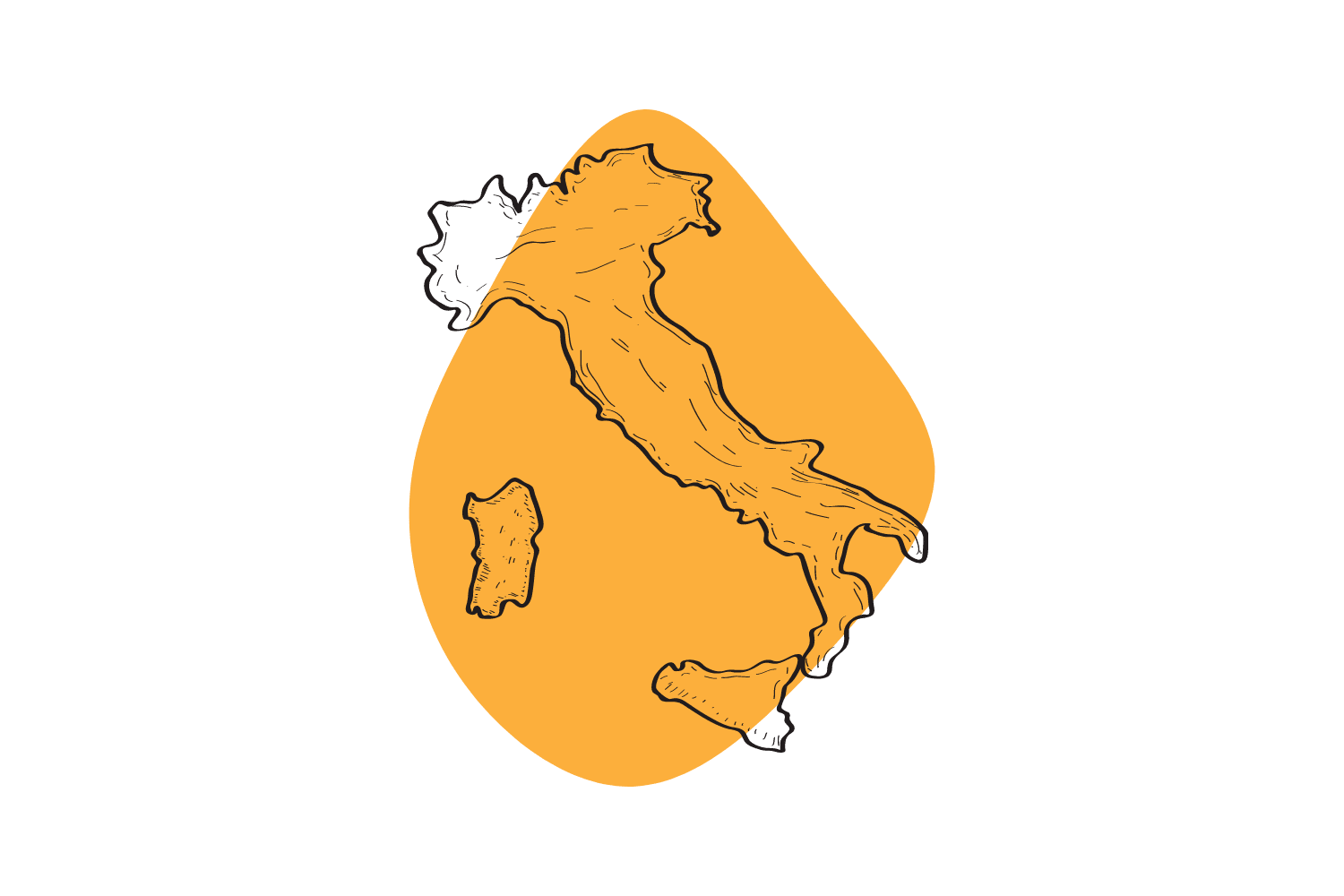Psychedelic Drug Laws in Belarus: It’s Best To Avoid These Substances Here
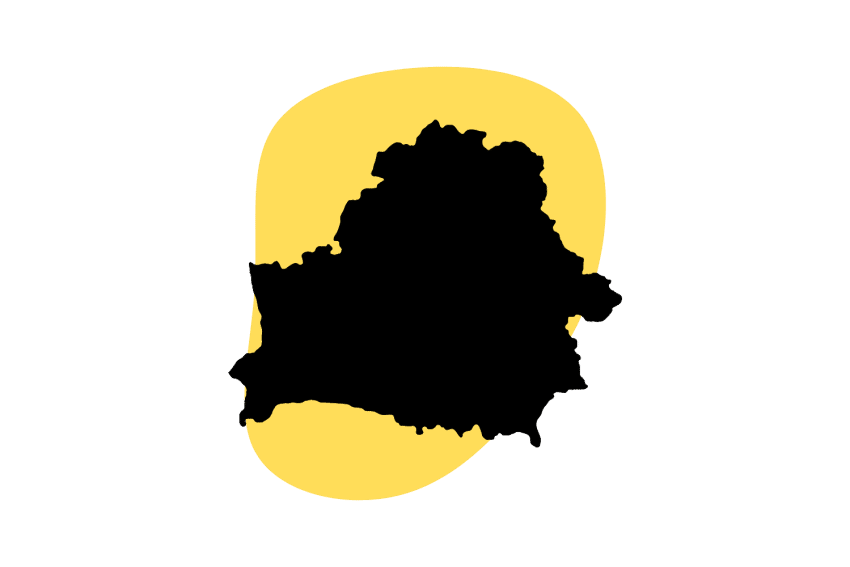
Although most people know of the hallucinogenic effects of psychedelics, few are aware of their therapeutic benefits. Still, despite the medicinal potential of these substances, they are illegal in most countries, including Belarus.
This article will delve into the legal status of magic mushrooms and other psychedelics such as LSD, MDMA, and ketamine, among others. You will also learn about the native species of shrooms in Belarus and where to find them.
Summary of Psychedelic Drug Laws in Belarus
- Almost all psychedelic substances are illegal in Belarus
- Penalties for using and possessing even small amounts of psychedelic substances are harsh
- The recreational and medical use of marijuana and cannabis products is also illegal
Are Magic Mushrooms Legal in Belarus?
No, magic mushrooms are not legal in Belarus.
Belarus forms part of the Convention on Psychotropic Substances, a treaty that classifies psilocybin mushrooms as a Schedule I substance. The Law of the Republic of Belarus also categorizes psychedelics as a Table 1 precursor drug.
The local laws harshly punish drug-related offenses, including possessing small amounts for personal use. Currently, over 10 thousand people are in prison for minor drug offenses here.
However, despite the country’s strict legislation, many studies indicate that psychedelics have beneficial uses in therapy. Johns Hopkins Medicine, a renowned institution, supports the reclassification of psilocybin due to its medicinal value and low potential for abuse.
Where to Buy Magic Mushroom Spores in Belarus
No laws in Belarus specifically mention magic mushroom spores being illegal, but it is near impossible to purchase them online.
Most countries allow the commercialization of spores for research and educational purposes — as they do not contain any psilocybin — but forbid their cultivation. This does not seem to be the case with Belarus.
Related: Magic Mushroom Cultivation 101
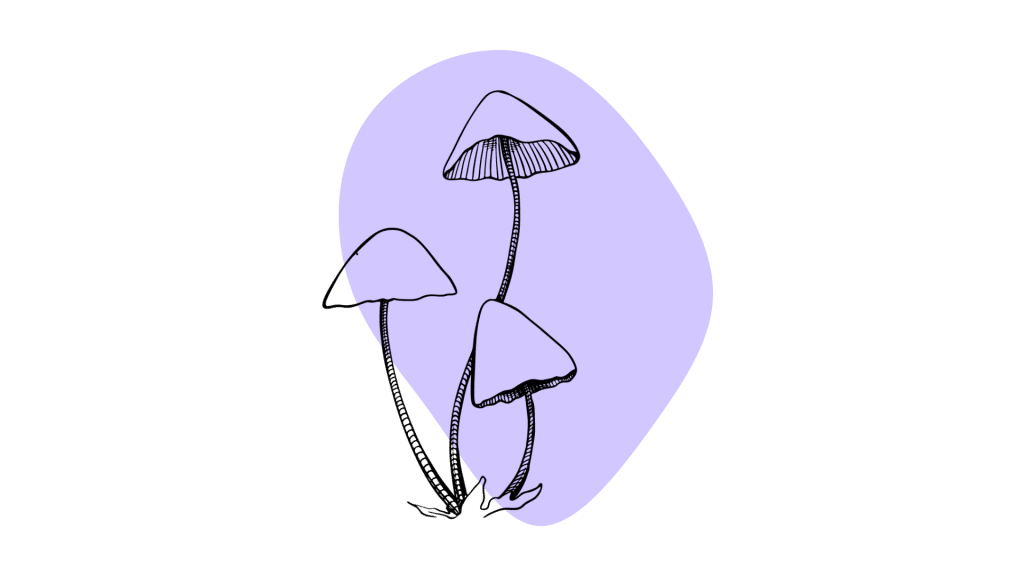
Do Magic Mushrooms Grow Wild in Belarus?
Yes, magic mushrooms grow everywhere, including in Belarus.
There are over 50 different species of psychedelic mushrooms, and they grow in every climate and soil. You can find magic mushrooms growing naturally in almost every country.
Still, we do not recommend picking wild mushrooms, as you may confuse them with a toxic species.

Panaeolus cinctulus
It is one of the most common species of psychedelic mushrooms, and it generally grows on rich soil, like fertilized gardens and lawns. You can also find it growing directly on compost piles. The best months to look for it are from Spring to Fall.
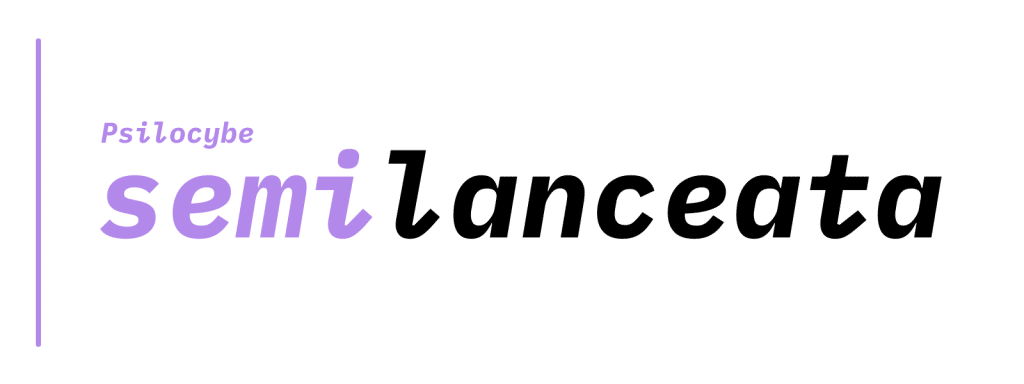
Psilocybe semilanceata
These mushrooms are one of the most potent among other psychedelic species. You can easily find it in grassy and wet areas such as meadows, lawns, and pastures. It does not grow directly on animal dung.

Gymnopilus junonius
This species is native to Europe and South America. It grows on hardwood tree logs or stumps, particularly in moist areas and near rivers.
What Are the Medicinal Uses of Shrooms?
Research proves that psychedelic substances can improve and treat many disorders when combined with therapy.
For this reason, many countries are considering legalizing their medicinal use. Canada, for example, recently approved MDMA-assisted therapy, which is already showing positive results.
These are some of the disorders psilocybin and other psychedelics can help treat:
- Depression: Psychedelics help create new thought patterns and come to profound realizations about one’s life. A therapist will help lead this self-reflection during therapy.
- Post Traumatic Stress Disorder (PTSD): Constant stress, anxiety, and depression are all symptoms of PTSD. Psilocybin can help ease these feelings and reduce complex trauma symptoms.
- Existential Anxiety: This disorder creates an overwhelming feeling of anxiety regarding life’s purpose. With the help of psychedelics, elderly and terminally-ill patients can find value in their connections and accept their fate.
- Cluster Headaches: All psychedelics help appease cluster headaches, but psilocybin is the most effective at treating them. However, how they help against this condition is not yet explicitly known.
- Addiction: Since they reduce anxiety and cravings, psychedelics can help with tobacco and alcohol addiction.
Interestingly, psilocybin and other psychedelics have also been shown to improve problem-solving and creativity.

Is LSD Legal in Belarus?
No, LSD is not legal in Belarus.
LSD (lysergic acid diethylamide) has almost the same beneficial properties as psilocybin, but most countries prohibit its medicinal and recreational use. Moreover, the Convention on Psychotropic Substances classifies it as a Schedule I substance.
The usage or possession of small amounts of LSD in Belarus is considered a criminal offense and punishable with up to 15 years in prison. In addition, Belarusian law indicates that criminal liability starts at 14 years of age, which means minors will still be prosecuted.
While there’s no specific mention of other lysergamide psychedelics in the Belarusian regulations, most experts agree these substances are treated the same way as LSD if charged. Other lysergamides related to LSD include AL-LAD, PRO-LAD, LSZ, ETH-LSD, ALD-52, and 1P-LSD.
Is DMT Legal in Belarus?
No, DMT is not legal in Belarus.
DMT (dimethyltryptamine) is a potent psychedelic with impressive therapeutic potential, yet still illegal in Belarus. Due to their high DMT content, ayahuasca, changa, Bufo toad venom, and all other forms of DMT (natural and synthetic) are still prohibited for personal use here.
Punishments for using or possessing DMT can go from 6 months to 15 years in prison. Growing ayahuasca plants could also lead to even harsher penalties, as authorities could classify it as a distribution offense.
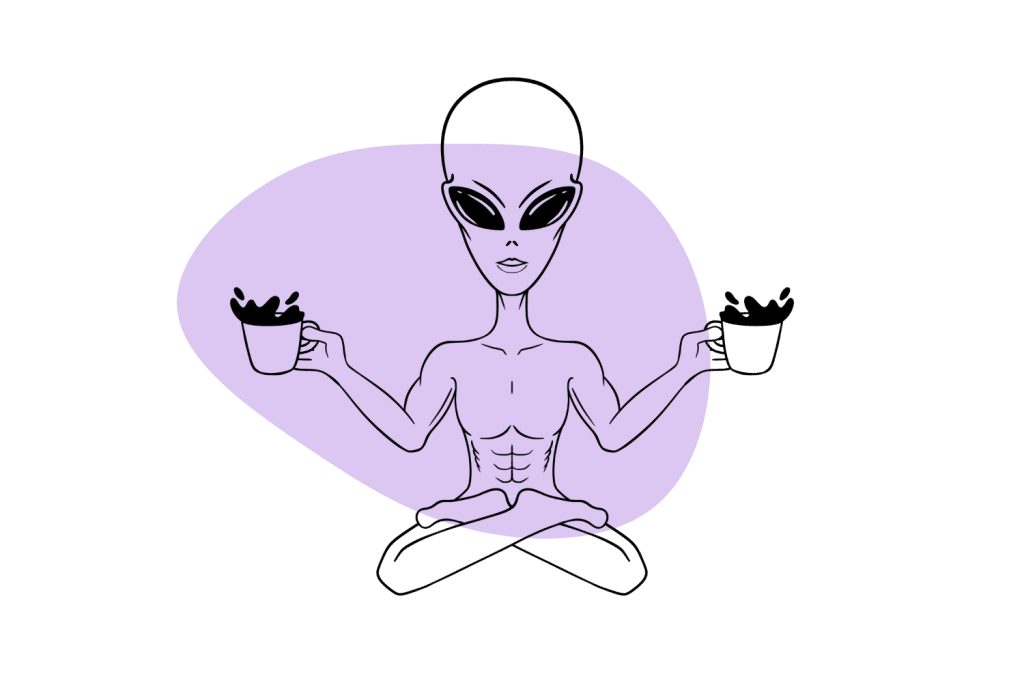
Is MDMA Legal in Belarus?
No, MDMA is illegal in Belarus.
MDMA, more commonly known as ecstasy, is considered a dangerous recreative drug by many people. However, it has been shown to be a valuable tool in treating various mental disorders.
Several countries have started recognizing the benefits of this substance and are making moves to approve MDMA-assisted therapy. The overwhelmingly positive results they obtained led many other countries to consider the legalization of this substance.
However, Belarus is stuck in the dark ages, and it will likely be a long time before it’s available to clinicians here. For now, using MDMA in Belarus can cause you to end up in prison for up to 15 years.
The same laws apply to most other psychoactive amphetamines — including synthetic cathinones, other MDXX compounds, and Shulgin’s DOX psychedelics.
Is Ketamine Legal in Belarus?
Ketamine is (probably) only legal for medical purposes in Belarus.
The Convention on Psychotropic Substances does not mention ketamine, which allows each country to establish its own laws. In Belarus, ketamine is a List II controlled substance.
This means that, although it is legal, its use is strictly controlled. It is most likely only allowed for use during anesthesia or veterinary surgery.
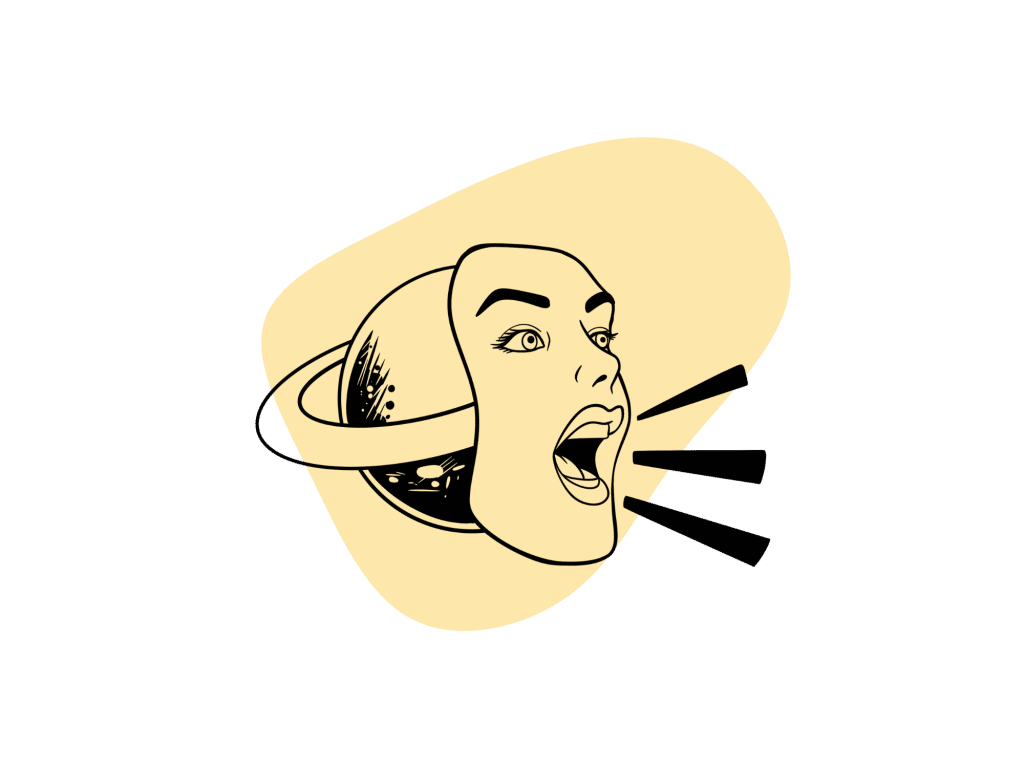
Is Marijuana Legal in Belarus?
No, both the recreational and medical use of marijuana is illegal in Belarus.
Marijuana and cannabis oil are considered dangerous substances with no medical purpose by Belarusian law.
In addition, all cannabinoids, including delta 8, D9, and D10 THC, fall under List I of dangerous narcotic drugs as psychotropic substances not used for medical purposes.
The production, distribution, and possession of marijuana are punished by prison in Belarus, even when used for medical reasons. Hemp was also made illegal in 2017.
What’s the Difference Between Legalization & Decriminalization?
Knowing the differences between legalization and decriminalization will enhance your understanding of local and international laws. This knowledge could save you some trouble when traveling abroad.
Decriminalization significantly reduces the penalties for certain offenses. If authorities find small amounts of a decriminalized substance in your possession, they don’t usually imprison you but may still fine you. However, production and distribution are still crimes.
Legalizing a substance eliminates all penalties and creates legal safety parameters for its production and commercialization. It initiates a new industry while dramatically reducing the chances of someone consuming an adultered product.
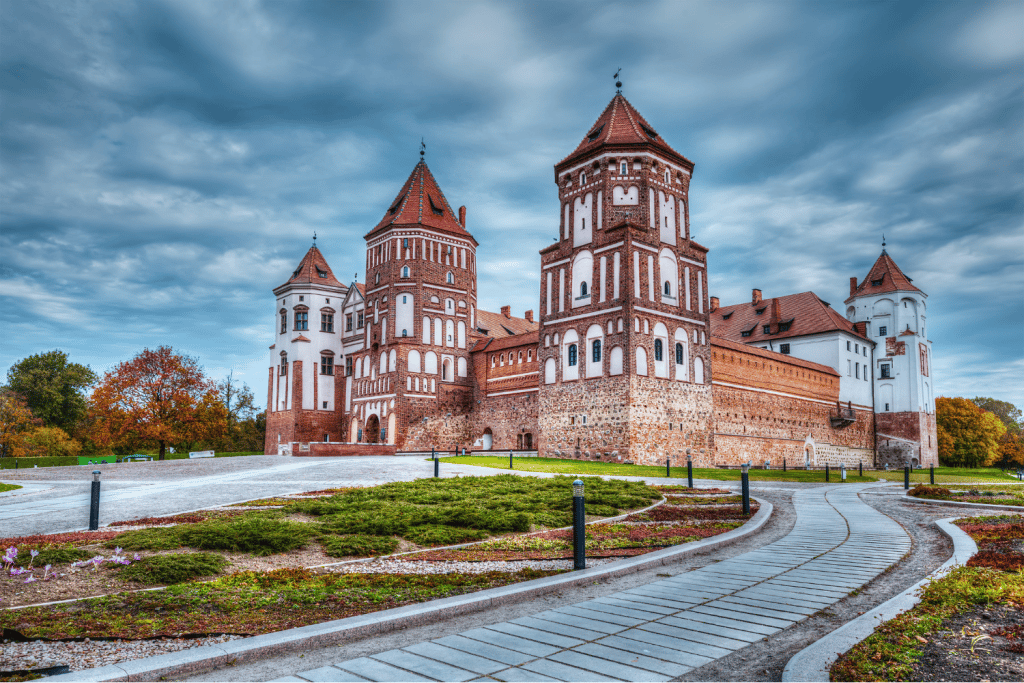
Key Takeaways: What’s the Future of Psychedelics in Belarus?
Using psychedelics in Belarus is illegal, and punishments are harsher than in most countries, ranging from 6 months to 15 years of prison, even for minor offenses.
Despite conclusive evidence of their benefits, authorities generally reject the use of these substances. Still, we believe that as research on psychedelics grows, many countries will consider their legal stance on them.
Unfortunately, for now, we believe it is unlikely for the laws in Belarus and other European countries to change soon.

